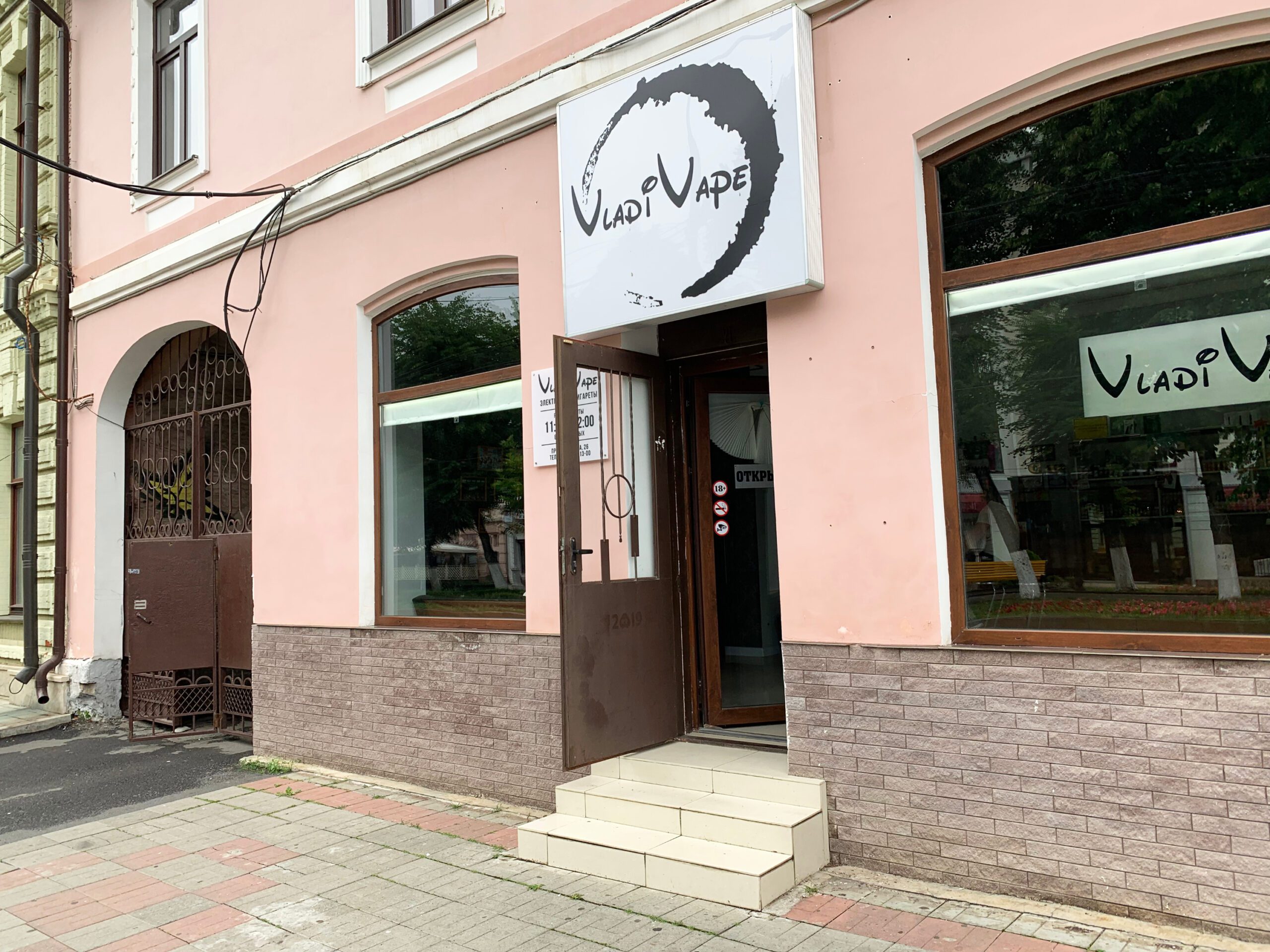China continues to grapple with significant tobacco consumption, despite adopting the World Health Organization’s Framework Convention on Tobacco Control (FCTC) two decades ago, reports The Straits Times.
In November 2014, the State Council released a draft on national tobacco control guidelines to meet its obligations under the FCTC. However, the draft never progressed beyond the public consultation phase, which was supposed to be completed by the end of that year, according to the Singpore-based newspaper.
As the world’s largest tobacco producer and consumer, China still boasts an estimated 300 million smokers, constituting nearly a third of global smokers. According to The Straits Times, this phenomenon persists due to various factors including social norms, affordability of cigarettes and limited public education.
Despite efforts such as anti-smoking campaigns and banning smoking in government buildings, many individuals continue to smoke, encouraged by the ubiquity of tobacco shops, low-cost cigarettes and deeply rooted cultural practices.
The State Tobacco Monopoly Administration (STMA), which controls the tobacco industry, also acts as a significant employer, providing jobs to over half a million people across the nation.
In much of China, the tobacco industry is considered a prestigious employer, with its stable income, generous salaries and employee benefits. In surveys of fresh graduates, China’s big tobacco firms—largely state-owned enterprises—are consistently rated some of the best companies to work for, with degree holders happy to take on blue-collar jobs on the factory lines.
Manufacturing some 2.4 trillion cigarettes a year, China’s tobacco industry posted a profit of RMB132 billion ($18.3 billion) in profits in 2022, up nearly 12 percent from the year before.
STMA’s operational arm, the China National Tobacco Corp., does not report sales figures but posted a record taxable income of RMB1.44 trillion in 2022. By comparison, the second-highest taxpayer, the Industrial and Commercial Bank of China, reported taxable income of RMB109 billion.
While the anti-smoking lobby has been urging the government to sever the ties between the industry and its regulator, few expect that to happen, citing a lack of political will.











 China’s State Tobacco Monopoly Administration has granted Snowplus Tech a production license that allows the company to produce 80 million pods annually. In a press note, the company said it will now take on the “challenge and responsibility to help lead the development of a healthy and sustainable vaping industry.”
China’s State Tobacco Monopoly Administration has granted Snowplus Tech a production license that allows the company to produce 80 million pods annually. In a press note, the company said it will now take on the “challenge and responsibility to help lead the development of a healthy and sustainable vaping industry.”






